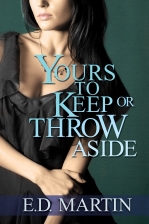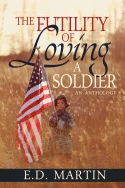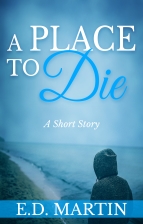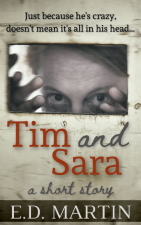My dad enjoys watching crime show reruns: Law and Order, Gunsmoke (yes, that’s a crime show; it just happens to be set in Dodge 150 years ago), CSI, etc, and sometimes I’ll watch with him.
 |
| Marshall Matt Dillon always saves the day; picture from TVLand website |
The culprits are usually pretty predictable: the rich doctor didn’t kill the prostitute; his jealous wife did it and framed him. The stressed young mother’s baby wasn’t kidnapped; she killed him when he wouldn’t stop crying (a scenario that unfortunately happens in the real world). The prominent rancher’s son is an out-of-control jerkwad, so when he tries to kill a vagabond, the dad shoots his son.
So as I watch, I don’t focus on the main story; I focus on the secondary characters. How does that doctor rebuild his life and practice after what his wife has done? How does the baby’s father start a new family knowing his girlfriend killed their baby and he couldn’t prevent it? How does the rancher make peace with his actions?
Those, to me, are much more intriguing stories.
And I’m not alone in thinking this. A cousin recently asked for reading recommendations; Wicked was something that came up. If you’re not familiar with the book by Gregory Maguire (and the musical based on it), it’s The Wizard of Oz from the wicked witch’s perspective.
And my son enjoys Jon Scieszka’s The True Story of the Three Little Pigs, which is the wolf’s explanation of what exactly happened to the pigs and their houses.
I tried adapting this approach in my classroom as well. My kids were always begging to watch movies, so about once a semester I’d give in. One time we watched The Pursuit of Happyness, where Will Smith is a homeless guy interning without pay as a stock broker. One of the twenty interns would be hired at the end. I had my students write essays from the perspective of one of the guys not chosen: how would they feel to work for six months or whatever without pay, and not be chosen? How would they feel towards Will Smith’s character, and would that change if they knew he was homeless? How would they explain to their families that they weren’t chosen?
When you read, do you focus on what the other characters might be thinking and feeling? Any examples of famous books or movies that are from the antagonists’ or secondary characters’ POVs?






